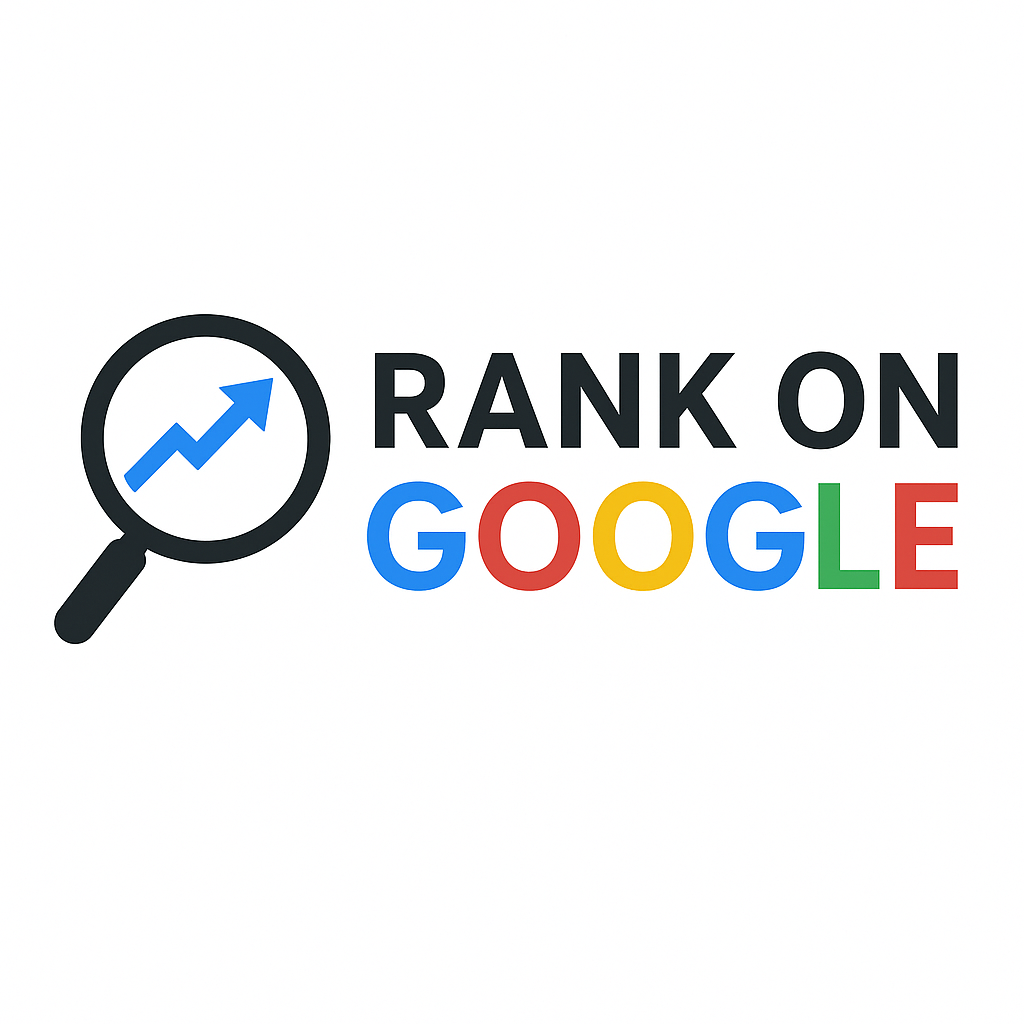CONTACT FOR PRICES
On-Page SEO (Search Engine Optimization) refers to all the techniques and practices used inside your website to improve its visibility in search engines like Google.
It focuses on optimizing your content, structure, and HTML elements to help search engines understand what your page is about and rank it higher for relevant keywords.
On-Page SEO is very important because it helps both search engines and users:
-
Search engines can easily crawl and index your pages.
-
Users can find useful, readable, and relevant information.
If done properly, On-Page SEO increases your organic traffic, ranking, and user engagement.
Key Elements of On-Page SEO
1. Title Tag Optimization
The title tag is the headline that appears on search results.
-
Keep it under 60 characters.
-
Include your main keyword naturally.
-
Make it clear, catchy, and relevant to the content.
Example:
✅ Best SEO Tips to Rank Your Website on Google in 2025
2. Meta Description
The meta description is the short text shown below your title in search results.
-
Keep it between 140–160 characters.
-
Add your target keyword once.
-
Make it engaging so users click your link.
3. URL Structure
A clean, keyword-friendly URL helps both users and search engines.
-
Use short URLs.
-
Include the main keyword.
-
Avoid numbers, symbols, or unnecessary words.
Example:
✅ yourwebsite.com/on-page-seo-tips
❌ yourwebsite.com/page?id=12345
4. Header Tags (H1, H2, H3, etc.)
Headings help organize content and make it easier to read.
-
Use H1 for the main title (once per page).
-
Use H2 and H3 for subtopics and sections.
-
Include relevant keywords in headers naturally.
5. Keyword Optimization
Use keywords smartly in your content.
-
Include them in the first paragraph, headings, and meta tags.
-
Avoid keyword stuffing (don’t repeat the same word too often).
-
Use LSI (Latent Semantic Indexing) or related keywords to improve context.
6. Content Quality
Your content is the heart of On-Page SEO.
-
Write original, helpful, and detailed content.
-
Provide real value to the reader.
-
Make it easy to read with short paragraphs, bullet points, and headings.
-
Add images, infographics, or videos to keep readers engaged.
7. Internal Linking
Link to other relevant pages on your own website.
-
Helps search engines crawl your site better.
-
Keeps visitors on your site longer.
-
Use descriptive anchor text for your links.
Example:
✅ Learn more in our Complete Guide to Backlinks.
8. Image Optimization
Images make your content attractive but can slow down your site if not optimized.
-
Use compressed images to improve speed.
-
Add alt text with your keyword (for SEO and accessibility).
-
Use proper file names (e.g.,
on-page-seo-tips.jpg).
9. Mobile-Friendly Design
Most users browse on mobile, so your website must be responsive.
-
Use a responsive theme or layout.
-
Make sure fonts, buttons, and images adjust properly on mobile screens.
10. Page Loading Speed
Website speed is a major ranking factor.
-
Compress images and files.
-
Use browser caching.
-
Choose a fast hosting provider.
-
Avoid heavy plugins or unnecessary scripts.
11. User Experience (UX)
Google ranks websites higher when users stay longer and interact more.
-
Keep your design clean and easy to navigate.
-
Use clear headings and CTAs (Call to Actions).
-
Reduce pop-ups or distractions.
12. Schema Markup
Schema markup helps search engines understand your page better.
It can also make your results appear with rich snippets (like stars, reviews, or FAQs).
Example:
Use FAQ schema, Product schema, or Article schema depending on your content type.
Final Thoughts
On-Page SEO is one of the most important parts of your SEO strategy.
Without strong On-Page optimization, even the best backlinks and off-page SEO won’t help your site perform well.
By optimizing every element—titles, content, URLs, internal links, and speed—you help Google understand your website’s value and give users a better experience.
Remember:
Good On-Page SEO = Better Rankings + More Traffic + Happy Users!
